Eating for Two: the Top 5 Nutrients for Pregnant Women

Published
Adequate nutrition is important in all stages of life, but certain nutrients are even more important during pregnancy. Specific macronutrients, minerals and vitamins can help a baby’s spinal cord, brain, blood, organs and bones develop correctly throughout a pregnancy. Read on to discover the top five nutrients to eat when you’re eating for two, and where to find them.
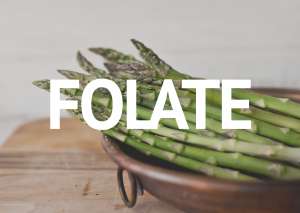
Folate. Folate is vital for DNA and growing healthy new cells, especially during early pregnancy. A pregnant woman should aim for 600 micrograms of folate a day. Find folate in lentils and other beans, asparagus, broccoli, spinach and most green vegetables (1).
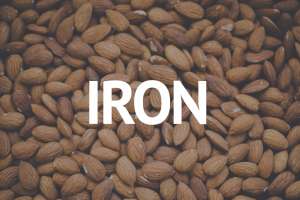
Iron. A woman’s iron needs greatly increase during pregnancy, from 18 mg a day to 27 milligrams a day. This increased iron is used to promote blood production for both mother and baby. Both heme (from animal sources) and non-heme (from plant sources) iron are encouraged, but non-heme iron is more better absorbed when eaten with a heme source. Iron can be found in meat and seafood as well as nuts, white beans, molasses and chocolate (2).
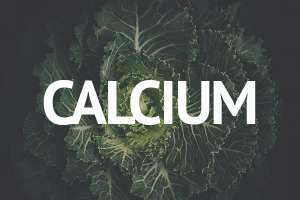
Calcium. A growing baby needs lots of calcium for their bones to develop and grow. Pregnant women should try to get 1000 mg of calcium a day. Calcium can be found in dairy products such as milk, yogurt and cheese, as well as in sardines and kale (3).
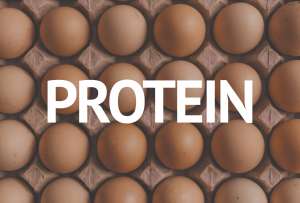
Protein. Protein helps build a baby’s organs, muscles and hormones. Protein can be found in animal products, such as meat, dairy and eggs, and in vegetarian sources like tofu or tempeh, nuts and beans, seeds and whole grains like wheat, quinoa and amaranth. Pregnant women should try to eat 71 grams of protein a day (4).
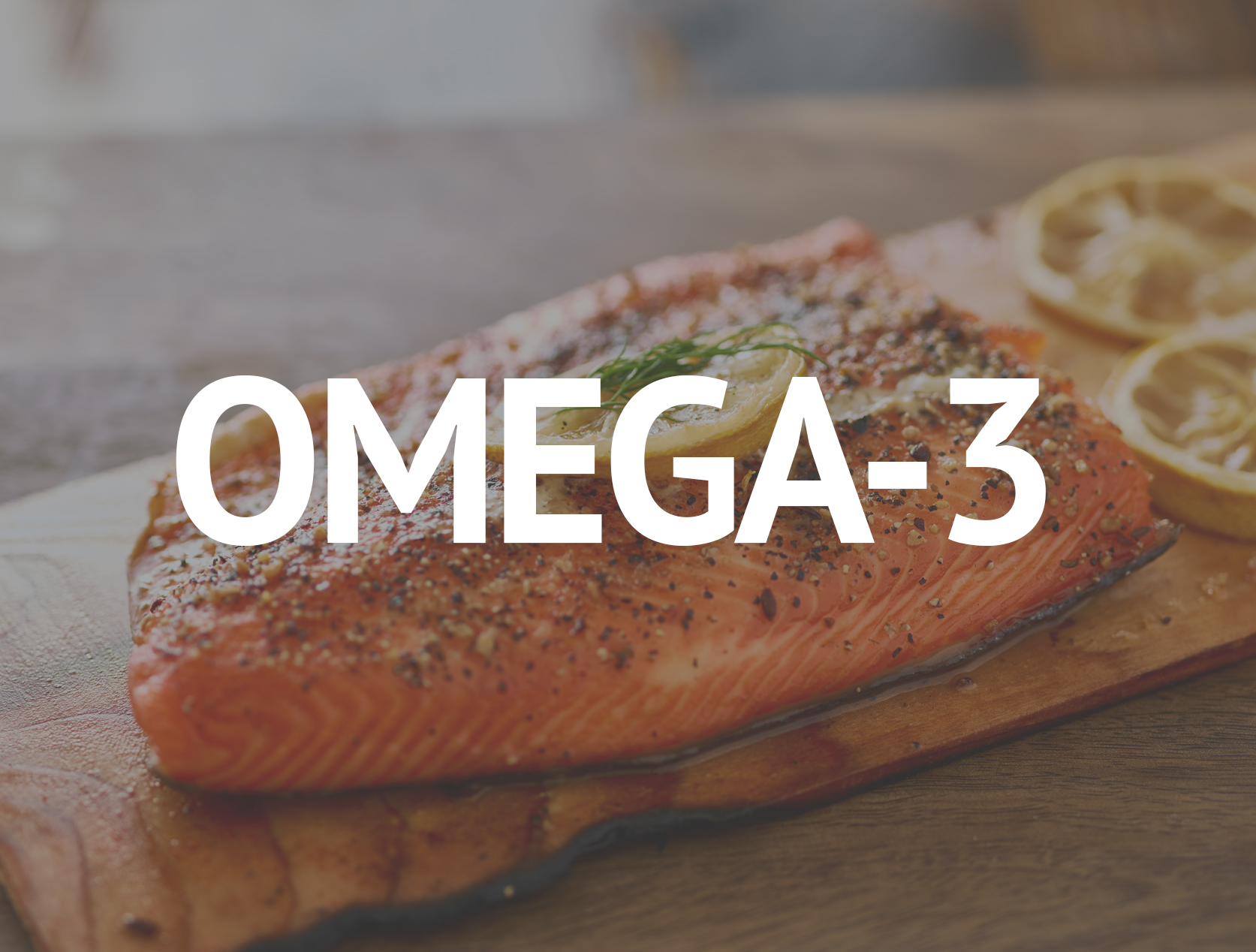
Omega-3 fatty acids. Omega-3’s are necessary for everyone and all life stages, but two specific ones -- DHA and EPA -- are especially important during pregnancy to help brain development and to nourish and protect the growing nerves. These fatty acids can be found in fatty fish such as salmon, sardines, trout, herring and mackerel -- which can all be enjoyed a couple of times a week during pregnancy, due to their low mercury content -- and in flaxseeds and walnuts. There are no clear guidelines for EPA and DHA intake during pregnancy, but aiming for at least 300 mg of each per day should be adequate for the growing baby (5).
Make sure you are getting adequate nutrients to support the baby growing inside of you! For additional prenatal and postpartum food tips and recipes, make an appointment at BCNH with a nutritionist today. Ph: (206) 834-4114. Website: http://bastyrcenter.org/
Geanna Revell is a graduate of Bastyr’s Master of Science in Nutrition program and a current dietetic intern at Bastyr.
- Folate. National Institutes of Health: Office of Dietary Supplements Web Site. https://ods.od.nih.gov/factsheets/Folate-HealthProfessional/. Published April 20, 2016. Accessed November 2017.
- Iron. National Institutes of Health: Office of Dietary Supplements Web Site. https://ods.od.nih.gov/factsheets/Iron-HealthProfessional/. Published February 11, 2016. Accessed November 2017.
- Calcium. National Institutes of Health: Office of Dietary Supplements Web Site. https://ods.od.nih.gov/factsheets/Calcium-HealthProfessional/. Published November 17, 2016. Accessed November 2017.
- Mahan L, Raymond J, ed. Krause’s Food and Nutrition Care Process. 14th edition. St. Louis, MO: Elsevier Inc; 2017.
- Greenberg J, Bell S, Van Ausdal W. Omega-3 Fatty Acid Supplementation During Pregnancy. Rev Obstet Gynecol. 2008; 1(4):162–169.

